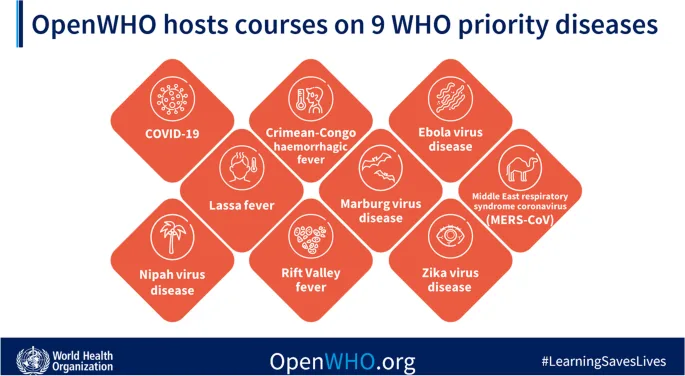In a dramatic escalation of political tensions, South Korean President Yoon Suk-yeol has declared martial law in response to opposition demonstrations that have intensified over the past weeks. The announcement came on December 3, 2024, amid growing unrest and challenges to Yoon’s administration from the Democratic Party, which has led to a series of protests across the nation.
President Yoon stated, “In these trying times, we must restore order and ensure the safety of our citizens. Martial law will allow us to take necessary actions to prevent further escalation and guard against any threats posed to democracy.”
The martial law declaration grants authorities expanded powers, including the ability to impose curfews and restrict gatherings, aiming primarily at curbing the large protests organized by the opposition party protesting against economic policies and calls for Yoon’s resignation.
Law enforcement has been mobilized in major cities, with police personnel increasing their presence at key protest sites. The government justified its decision citing a need for stability in light of escalating confrontations and alleged anti-government sentiment leading to violence in some areas.
The Democratic Party has condemned the move, with spokesperson Lee Hae-chan commenting, “This is a direct assault on democracy and the rights of the people. We will not be silenced, and we will continue our fight for justice and representation in government.”
Critics of the government, including human rights organizations, have expressed alarm over the implications of martial law, arguing that it could lead to potential abuses of power and further crackdown on civil liberties. Civil society groups have called for international support and vigilance regarding South Korea’s democratic practices during this tumultuous period.
As tensions remain high nationwide, the international community watches closely as this unprecedented decision unfolds, emphasizing the need for peaceful dialogue and resolution to the conflict between the government and its opponents.












